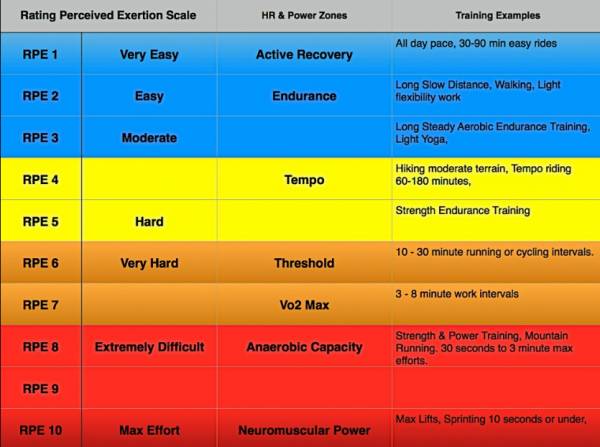I recently completed a Spartan Super Run with a good friend of mine. The Spartan Super Run is a 14.4k, 20-plus obstacle race that takes you through different terrains, challenging your body under multiple ways you never thought possible. Admittedly, I went into this race woefully under-prepared but overly excited because I love this sort of challenge. It was tough, but fun. And, despite our off-peak fitness level, my friend and I still placed 6th and 7th in our age group. You see, there are advantages to being old and I intend to abuse them.
It was during this run, and an event a few weeks prior, that I realized my limiting factor was running. I can swing from monkey bars, carry sandbags (I am an Ultimate Sandbag Master Trainer, after all), use Atlas rocks, and nail rope climbs, but when it came to running, especially uphill, I realized that my basic muscle endurance over these longer distances was really quite poor.
What Makes Running Improve?
In the olden days, as my kids like to call them, I had run many half-marathons and 10k’s, not with any fantastic times, but usually with relative ease and comfort. Not these days. I have a generally good level of fitness and train myself in multiple heart rate zones during my workouts. Variance has translated into having a fairly good 5k race—I can trot out a 25 min run with little to no training purely because of my existing fitness, but when faced with longer runs I really don’t have any endurance.
How do I get back to building up my endurance while maintaining my strength? How do I get good at running again?
Here are some things I know to be true:
- Consistency is key. I have to be running on a regular basis to see improvements. Trotting out a 5k once a week will not help me improve. As a result, I have set myself a goal of three runs a week, with one of those being a long, slow run.
- Alternate intensities. I work mainly in the anaerobic zone when I do my HIIT workouts and other times towards 80-90% of my max heart rate, so this means I get out of breath quickly. Working in lower intensity zones is very beneficial.
- It gets better. Starting to run again can be deflating because it feels so hard, your breathing patterns are out of whack, and your body hates you. Cardiovascular conditioning improves, your breathing will regulate, and your runs will become more enjoyable. Trust me, I know. I have been there, and I intend to get back there again.
Born to Run
Typically, runners use their mouth to breathe to get the maximum amount of oxygen into their system, but I also know that if I use my mouth to breathe then I am working too hard. Today I tried running only using nose breathing. By breathing only through my nose, and keeping my breathing at a comfortable level, I was unable to run fast. As soon as I picked up the pace, I automatically started to breathe through my mouth. This indicates that something in my training needs to change.
Lately, one of my favorite books is Born To Run by Christopher McDougall. This book is a fascinating read about a hidden tribe of runners in Mexico called the Tarahumara. This group runs an average 60 miles per day even into their late 60’s, more than most mortal humans will ever run. It may seem crazy to imagine this, but we know that these exceptional runners only breathe in through their nose, although some use a technique of exhaling through a partially open mouth.

The biochemical benefits of the Tarahumara show that the runners are better able to utilize nasal nitric oxide, have lower oxygen levels (similar to the effects of altitude training), and have more CO2 in their lungs. The Tarahumara also breathe more slowly and deeply at rest than a non-runner. I am not trying to be a Tarahumara runner, but I do like the idea of experimenting with my training to see if this type of breathing will provide me with some benefits of improved endurance.
Take It Slow
For the record, my 10k was terrible today. I felt great, my pace was slow, and I ran double my usual distance, but my heart rate was averaging at 157 bpm. I know that by doing these long, slow runs, my heart rate will become more efficient and the runs will eventually become easier. That’s the plan, anyway. I would love to hear about your experiences while you attempt to improve your running efficiency and what techniques you have adopted in your training.
Coach Amanda Thebe is Breaking Muscle’s Expert Coach in Residence. If you are a woman who is over 40 years old and want Coach Thebe to cover a topic you are interested in, or would like her to address a specific issue you may have, email helpme@breakingmuscle.com. Put Coach Thebe in the subject line, and let us know what you need in your training.






